Lazy writing is as old as human storytelling. From the first draft of Gilgamesh through the latest adventure of whatever lesser-known superhero is left to exploit, authors scribble themselves into corners and up cul-de-sacs. They carve themselves out through gaps in continuity, often shredding the very premise they established.
These days, so many visits to the museum of storytelling forfeits pass through the gift shop of multiverse malaise. Our current flood of infinite reality-based genre narratives would threaten to destroy good storytelling in any existence. Since we’re all stuck here in just one universe, we need our writers and filmmakers to get back to stories packing relatable stakes and consequences before we as audience members check out to our own dimensions.
The multiverse genre (or alternative timeline narratives in some productions of plot convenience playhouse) already distorted the effectiveness of film and TV’s biggest franchises. From Marvel movies to Star Trek and the occasional stand-alone efforts such as Everything Everywhere at Once or Source Code, multiverse gimmicks offer endless ways out for our heroes, ceaseless lives for our villains and a general audience suspicious that nothing matters anymore.
The tenets of effective storytelling are surprisingly simple. Most folks reading a book, binging TV or watching a movie know those rules in some sense. Even if a given audience member can’t articulate what delineates a good yarn from a clunky and less-than-involving series of events, he or she will subconsciously detect if enjoyment is really on the menu.
Unfortunately, the scribes banging out much of today’s bill of fare in the entertainment business never learned basic narrative structure or choose to ignore it because they believe in some method of weaving a tale that works better than a model developed by global cultures over the last 10,000 years.
Here are the well-worn basics you’ll find in most effective dramas or genre adventures: An effective dramatic story begins with a protagonist. That can be a human, a group of humans, an animal, an alien, etc. Whatever its nature, the protagonist must somehow be sympathetic and relatable so we can invest some of our own identity and emotions in that character as the heart of the journey.
That protagonist is unhappy, yearning, wounded or otherwise incomplete. There’s a need for something that must be fulfilled along the journey to grow as a character. The trip the protagonist must undertake to be satisfied, strengthened or educated can be spacial or internal, but travel they must.
Unfortunately for the protagonist, but lucky for the audience, that journey leads smack into an antagonist that either wants the same McGuffin or feels a need to prevent the protagonist from gaining it. The best antagonists have a gripe. They’ve been grievously wronged, but choose hatred, revenge or dominance in a misguided attempt to address it.
The antagonist is either stronger, more experienced or better equipped for the journey than the protagonist. The character we root for loses round one if good and evil meet early in the adventure. To overcome that deficit, the protagonist encounters guides, mentors and friends who gift their new friend(s) with abilities, wisdom and affection needed to overcome the challenge.
The protagonist defeats the antagonist in the tale’s climax and returns from the journey changed, matured or more complete. Of course, all of that happy ending wraps up just in time for another journey to begin…And the seasons turn ’round again.
Go ahead and plug in your favorite name, and the model works. Skywalker? Potter? Ripley? Baggins? Everdeen? The one thing all of those heroic characters share is their struggles absolutely matter within their narrative worlds. Inject the multiverse concept into any of their journeys, and the endless “get out of Mordor or the Death Star free” cards cancel out all of the narrative tension.
The idea of parallel or multiple realities isn’t remotely new or original. It’s been a pop culture motif since Spock donned a beard onboard a mirror universe Enterprise identified by the addition of agony booths and even skimpier costumes on the female crew members. Still, what once was a gimmick to throw a new and temporary wrinkle into a series is now a main premise for a lot of tentpole projects.
It’s safe to assume that the concept took hold now because Hollywood is largely a copycat business that calls for “thinking outside the box” even though the box in question holds all of its money. Once a genre or storytelling trick takes off at one studio, you can strap in for more of the same until you realize “this is where you came in” back when you saw it the first time.
Set against the multiverse backdrop of endless potential, stories have no consequences and possess very little narrative weight. If the protagonist can’t get the job done one way, there’s always another path that’ll work. In some extreme cases, the protagonist can be destroyed completely — only to put another quarter in the machine and take it from the top.
Viewers of the animated comedy Rick & Morty will understand such factors as one of the show’s main underpinnings. The multiverse makes everything in the characters’ individual lives meaningless. The crazy scientist and his grandson are merely lost amidst an infinite collection of their fellows. Who cares if one dies or if another kills someone else? There’s another identical face to stop in somewhere. That makes for a brand of amusing nihilism in a comedy, but such cynical futility absolutely kills effective drama.
Why did this issue strike me now? I’m writing a genre novel right now that wrestles with this problem. When I put this essay to bed and settle into my daily pages, I must build in rules that maintain life-and-death narrative stakes. I must close that inter-dimensional door that would allow characters the constant luxury of a “do-over” so the plotted events my readers follow mean something to the story and to its protagonists.
The casual viewer or reader might insist none of this really matters. We all know our daily lives can’t tap into parallel dimensions or temporal sidetracks. It’s just a story.
But no, it’s more than a story. There remain consequences here. The story model as described developed consistently around the world and throughout various cultures because it mirrors the human condition. Our lives knit together through a series of challenging journeys obstructed by cruel circumstances or deliberate misdeeds. By overcoming them, we evolve — while looking to fiction for inspiration and encouragement.
We risk losing the internal fire good stories can stoke if we continue leaning on the bottomless book of matches lawless narratives relentlessly strike, burn out and toss away. If we don’t figure this out and get off the lazy multiverse merry-go-round, let’s hope there really are other realities out there. One of them has to have professionals who still care about writing a good story with some real impact.
This article appeared in an InsideHook newsletter. Sign up for free to get more on travel, wellness, style, drinking, and culture.
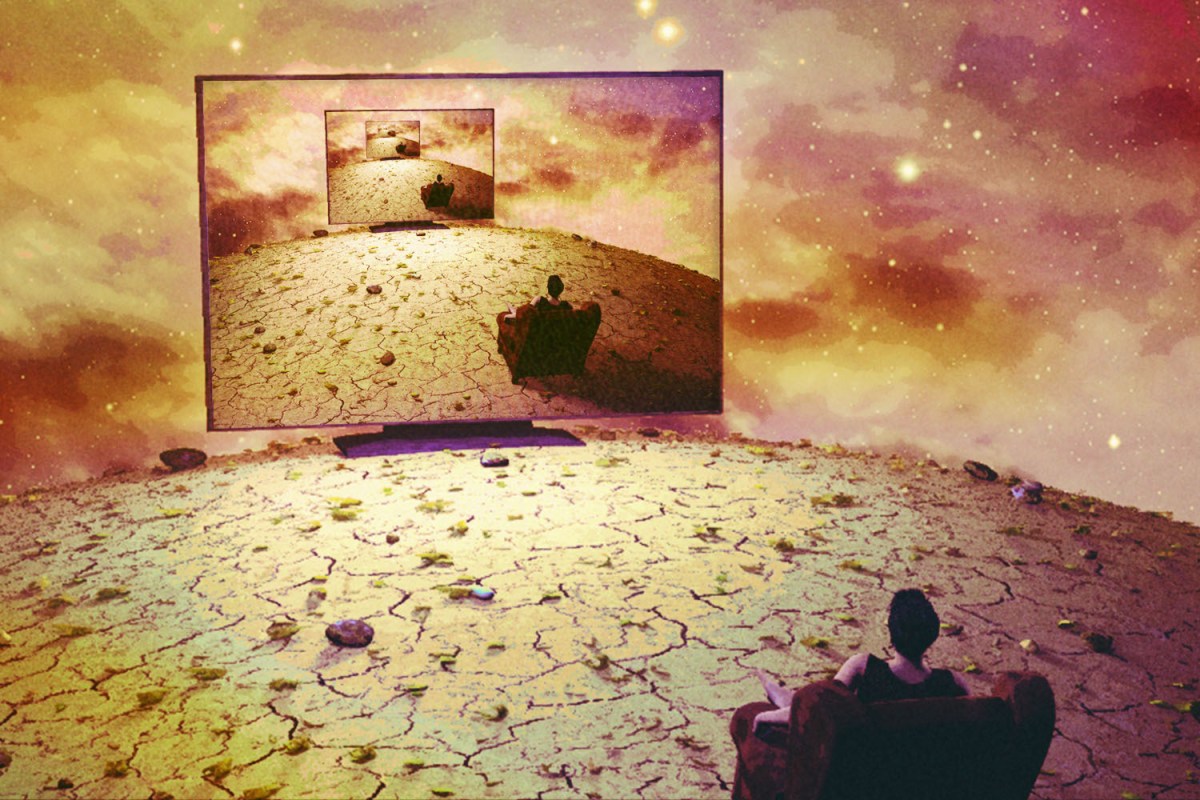


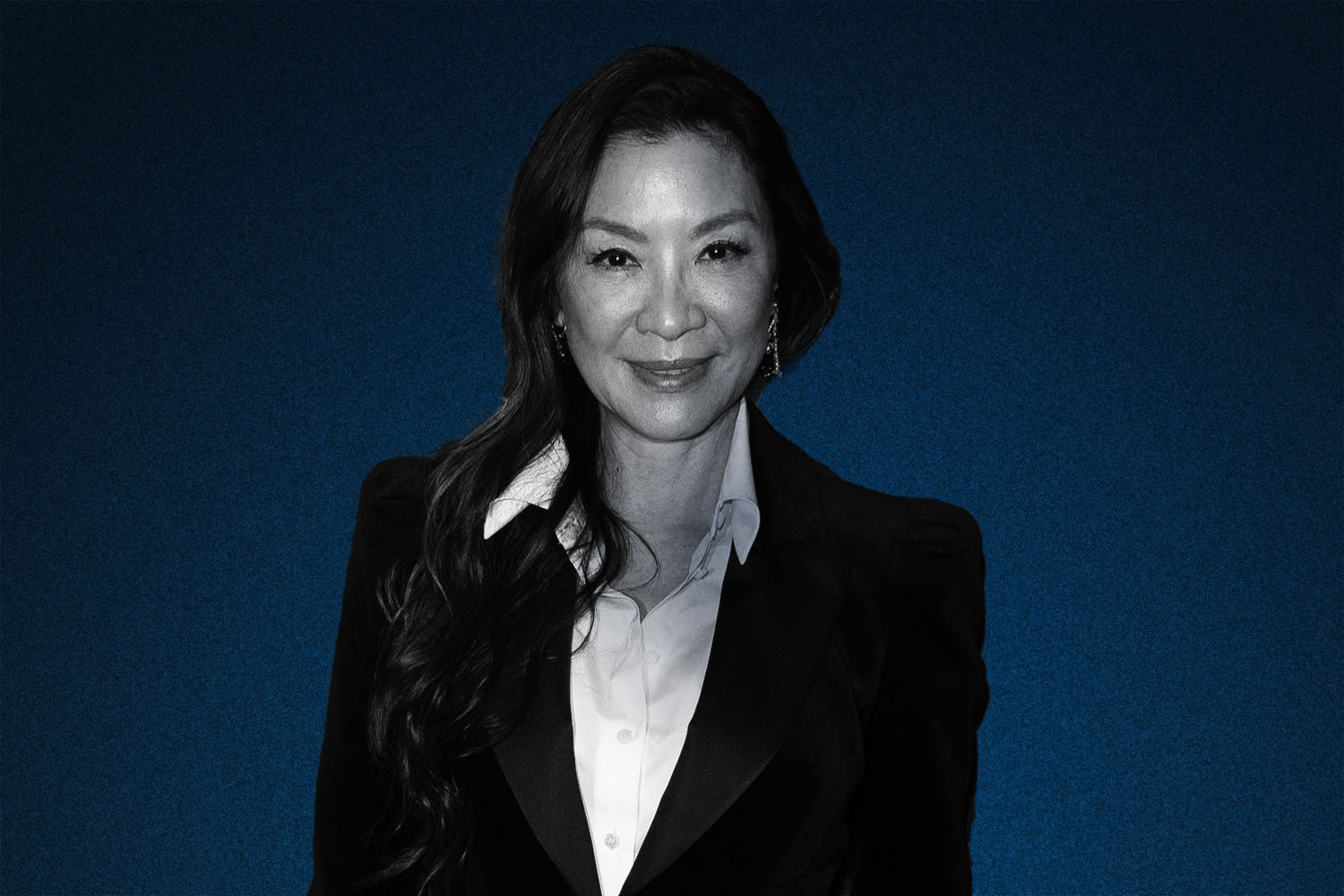


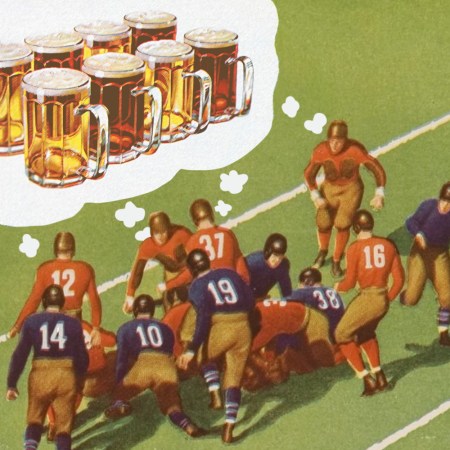





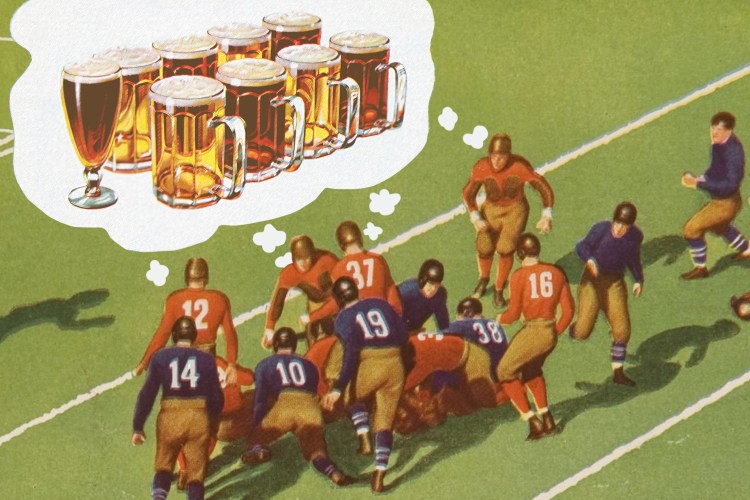


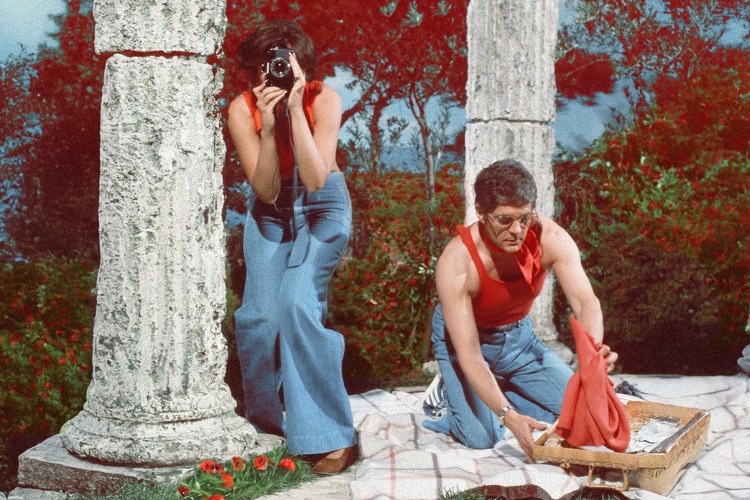


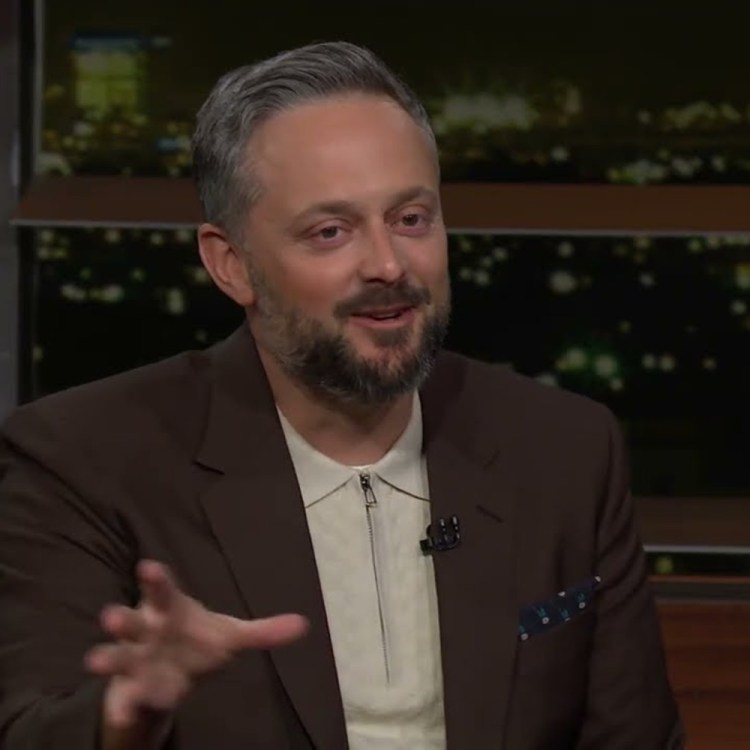
![Noah Wyle [third from left] with the season 2 cast of "The Pitt"](https://www.insidehook.com/wp-content/uploads/2026/01/the-pitt-season-2-schedule.jpg?resize=750%2C750)



